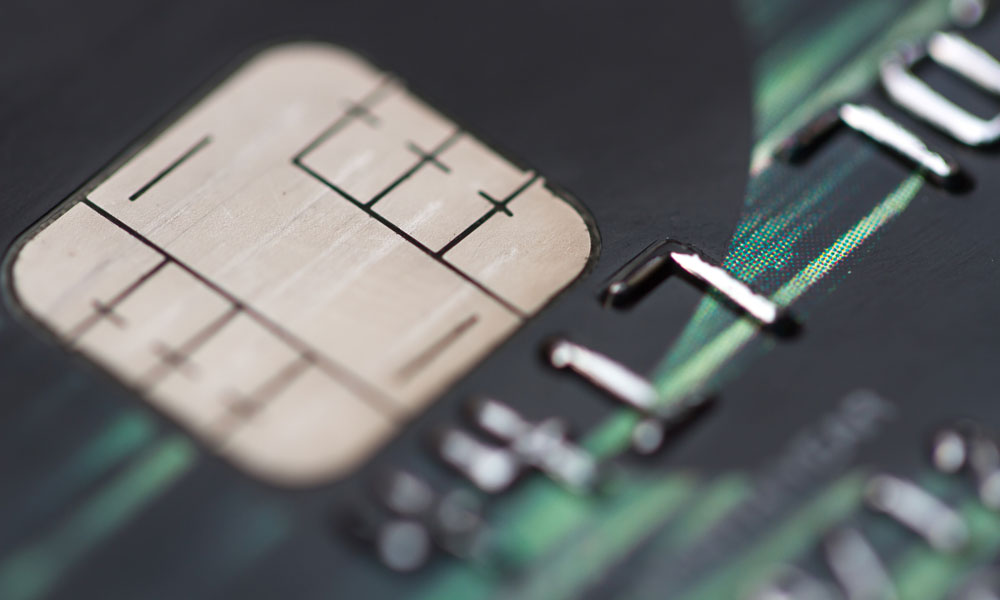
Retailers Raise Concerns Over Slow Chip Card Shift
Slowly but surely, retailers are beginning to accept EMV-enabled credit cards, which include built-in computer chips. But some retailers—along with the industry groups that represent them—have raised concerns about the slow certification process for allowing the use of credit cards. So what's taking so long?
Slowly but surely, retailers are beginning to accept EMV-enabled credit cards, which include built-in computer chips. But some retailers and the industry groups that represent them have raised concerns about the slow certification process for allowing the use of credit cards. So what’s taking so long?
It’s been nearly six months since credit card companies put in place a deadline designed to encourage the uptake of EMV, or chip-based, payment cards in the United States.
But retailers say that the rush to support the standard—at significant cost—has only been met with delays. The reason? After the devices are installed, they still have to be certified before they can be used—meaning that, even if the devices are otherwise ready to go, they may not be safe to use.
One retailer that has run into this problem is the supermarket chain Morton Williams, which has spent $700,000 on EMV-supporting payment devices but isn’t allowed to turn them on, due to delays with the payment processor Vantiv. And that means that Morton Williams is on the hook for fraudulent purchases made at its stores—thousands, so far.
“They’ve delayed month after month of providing certification,” Avi Kaner, a co-owner of the grocery-store chain, told The New York Times. “I asked to speak to their legal department, and their legal department basically told me tough luck.”
The National Retail Federation’s general counsel, Mallory Duncan, says Morton Williams’ situation illustrates a lack of timely support from the payment card industry.
“They didn’t allow for enough time or people to perform this certification,” Duncan told the Times. “Merchants have gotten slammed because they weren’t able to get certified, because the networks failed to provide the necessary resources to do that.”
The process highlights the fits and starts facing the upgrade process. Last month, Security blogger Brian Krebs highlighted comments by Visa CEO Charles Scharf, who revealed that just 17 percent of physical locations can currently take chip-based cards.
The Electronic Transactions Association (ETA), whose CEO defended the actions of certifying payment processors in the Times story, noted to the Chicago Tribune last month that it’s important to keep in mind the scope of the shift.
“This is the biggest change in the payments industry in 40 years,” ETA spokeswoman Meghan Cieslak told the Tribune. “We knew the process was not going to happen overnight, and so far we’re pleased with how it’s going.”
(iStock/Thinkstock)






Comments